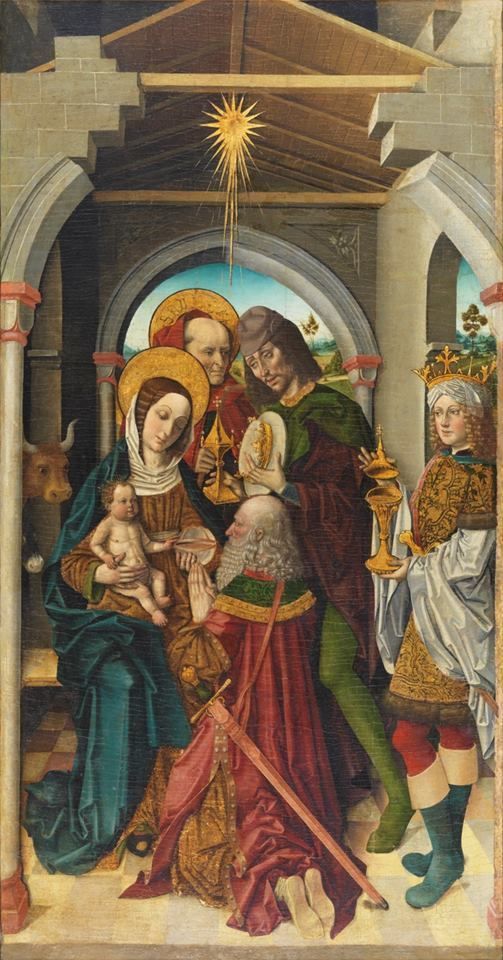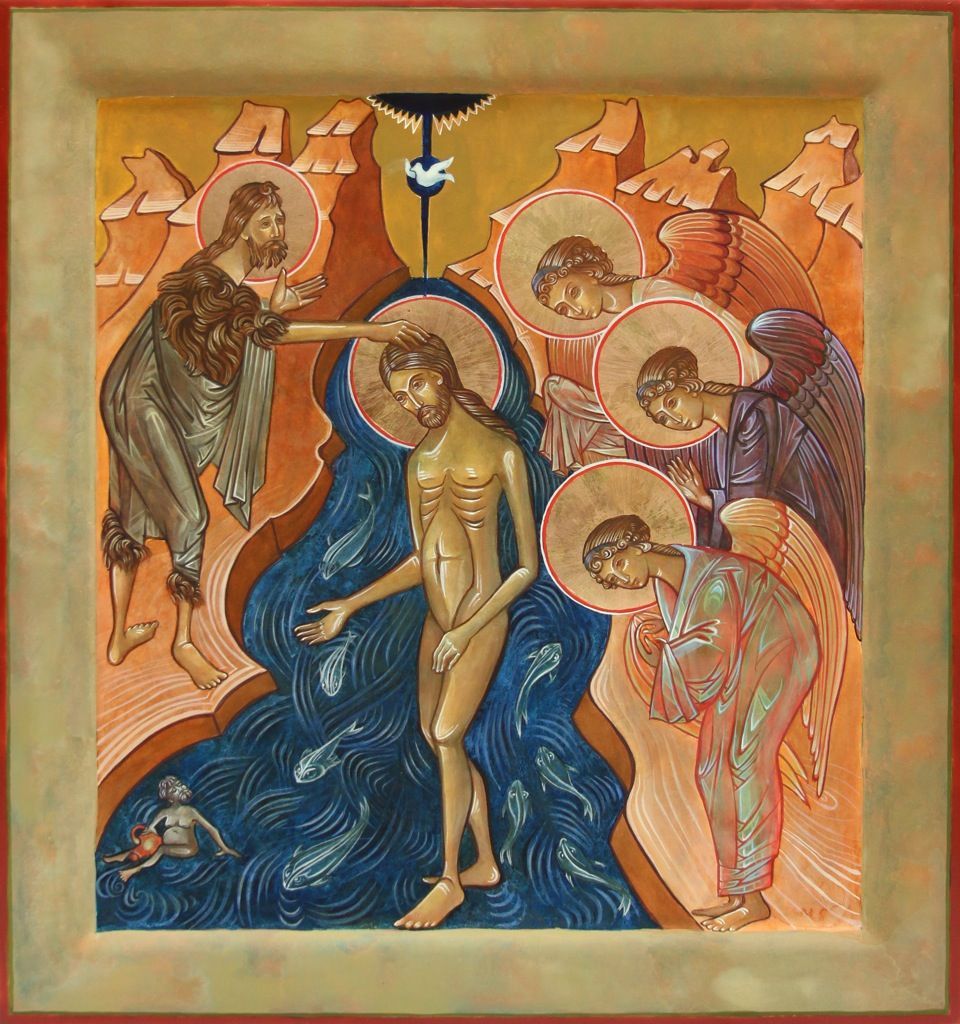Message of Abbot Paul - Sunday - Epiphany - 7th January 2024
Abbot Paul • January 6, 2024
Just as Advent is my favourite season of the year, so the Epiphany is my favourite feast in the Church’s calendar. Which is your favourite? There’s a fullness, a completeness about the Epiphany that’s lacking in Christmas, in that it commemorates three great mysteries in which Christ reveals himself to the world. Added to which, of course, there’s been no commercial appropriation of the feast among those for whom the faith aspect means nothing, as has happened, sadly, with Christmas. The three mysteries, as you know, are the coming of the Magi, following the light of a star, to worship with their prophetic gifts the child born to be king. The second is the Baptism of Jesus in the Jordan by John the Baptist, in which Christ sanctifies the waters of baptism and reveals his true identity to the world. The third Is the changing of water into wine at the Wedding Feast of Cana at the behest of Our Lady, the first miracle that shows Jesus to be the Messiah, Saviour and Author of life. The word Epiphany means manifestation or revelation.
Our Gospel reading comes from Matthew, (2: 1-12), and tells the story of the visit of the Magi to the stable at Bethlehem. “After Jesus had been born at Bethlehem in Judaea during the reign of King Herod, some wise men came to Jerusalem from the east. ‘Where is the infant king of the Jews?‘ they asked. ‘We saw his star as it rose and have come to worship him’” It’s strange how we have always presumed that there were three Wise Men, when no number is given. In Christian tradition they have even been given names: Melchior, Caspar and Balthasar. Herod, of course, is petrified at the news and summons his chief priests and scribes to discuss the matter and immediately links the birth of this child with the Messiah, Christ. Next, he summons the Wise Men and politely invites them to return once they have visited the child, but they can sense that there is something not quite right in his interest in the child and so decide to return home by another route. They continue following the star. “The sight of the star filled them with delight and, going into the house, they saw the child with his mother Mary and falling to their knees they did him homage.” It is then that they present their gifts. “Then, opening their treasures, they offered him gifts of gold, frankincense and myrrh.”
What do these gifts signify? Again, we are well aware of their significance: gold represents wealth and power, so a kingdom, an empire, that this child is born to be the true king; frankincense represents worship and the temple, that this child is God incarnate; myrrh represents death, the spices used for burial, that this child is born to die, to sacrifice his life that others might live. The gifts point to the Easter mystery: passion, death and resurrection. This is why the Epiphany is known as Easter in Winter. But there are two other epiphanies or manifestations celebrated today, the Baptism of Jesus and the transformation of water into wine. These again point to the Paschal mystery: Cana pointing towards the Last Supper, where wine becomes the Blood of Christ, shed on the Cross for our salvation; the Baptism, as through our own baptism we enter into the mystery of Christ’s death and resurrection, dying with him in order to rise with him, the Lamb of God. All this I find very exciting and a cause for great rejoicing for Christians for whom Jesus is the very centre of our lives. As we thank God today for the Epiphany of Jesus and rejoice in his loving mercy, let us commit our lives to him as did the Magi in making that arduous trip to Bethlehem. May the search for Christ lie at the heart of our lives, our reason for living. Amen.



















